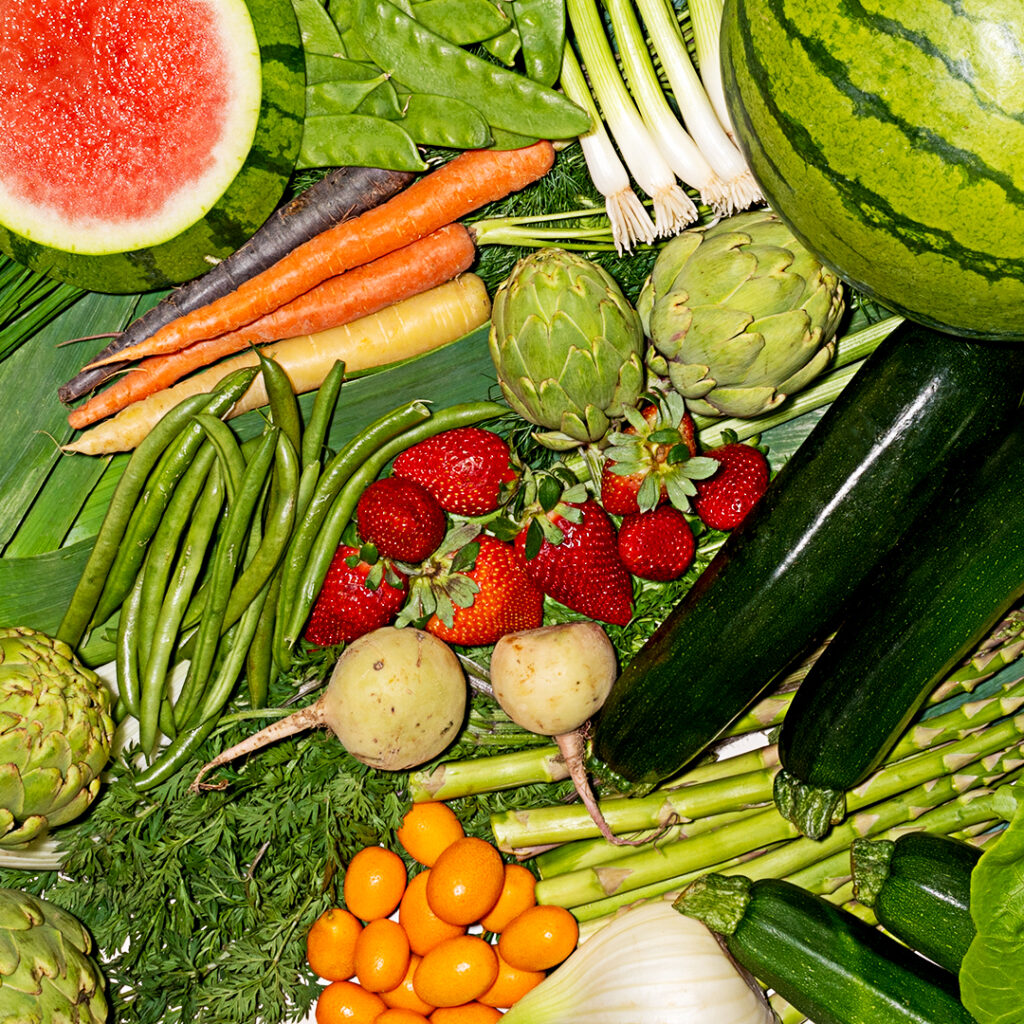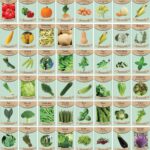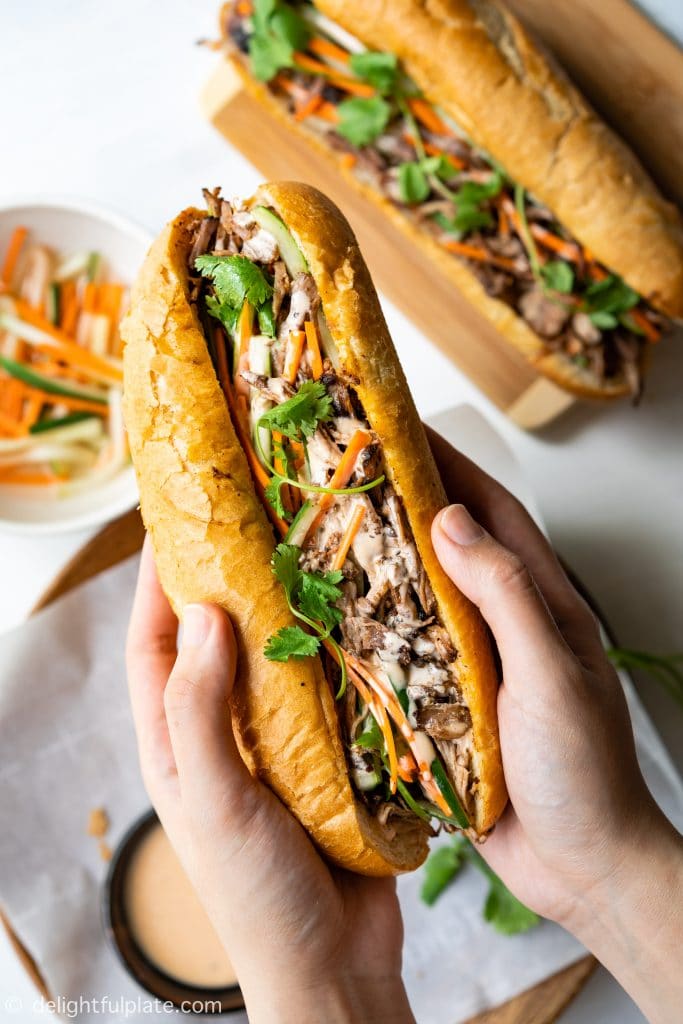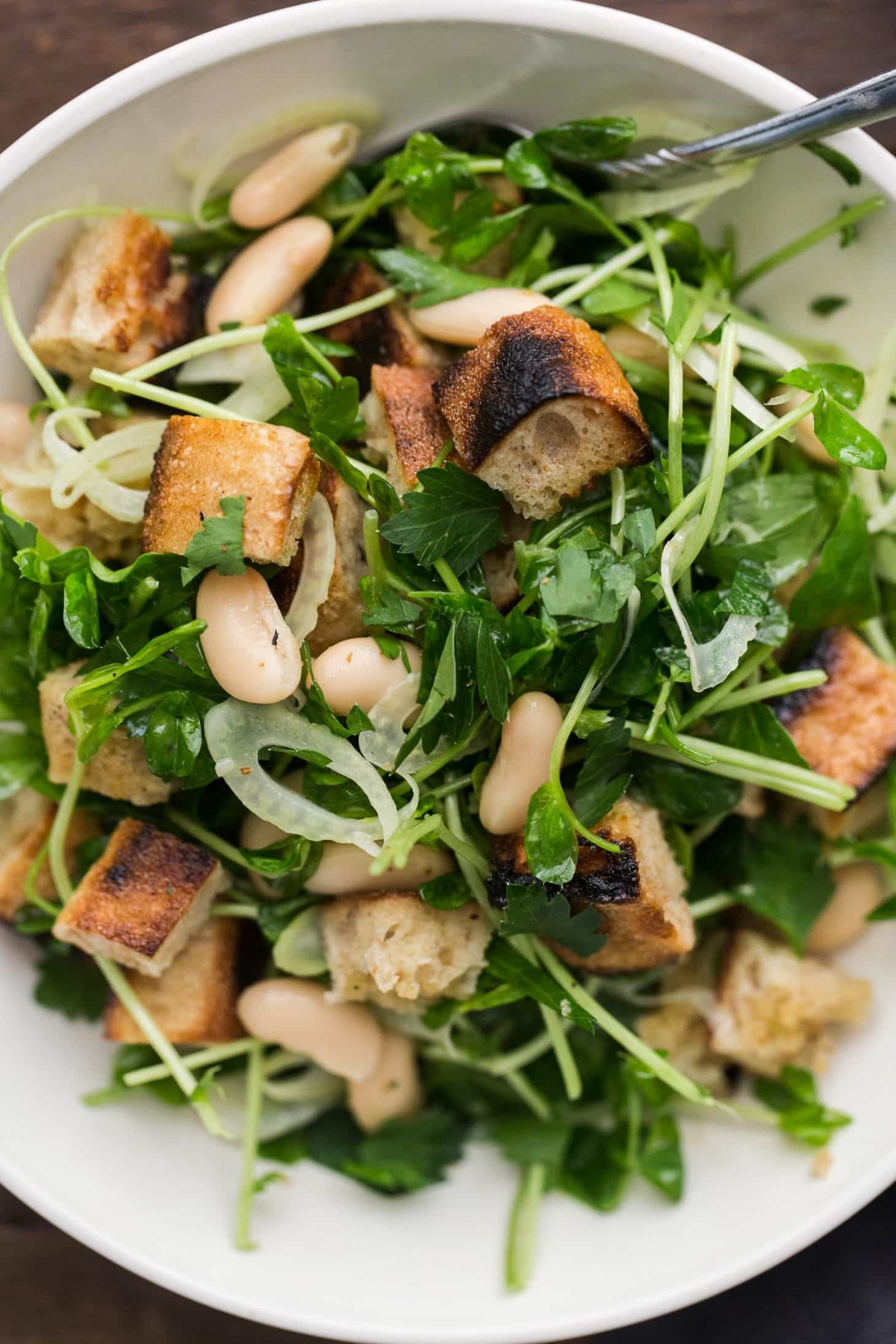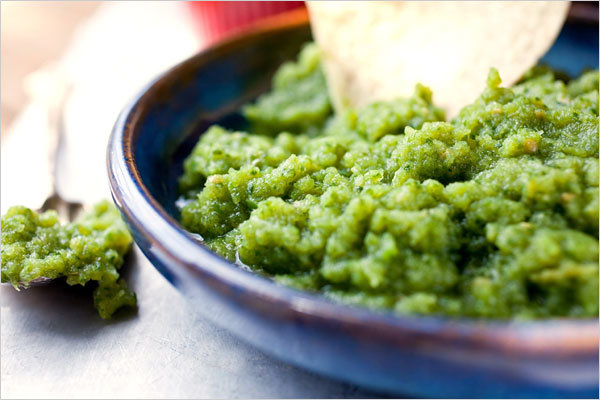Struggling to get a good night’s sleep can be a frustrating experience, with tossing and turning becoming a nightly ritual for many. Fortunately, nature provides us with an array of fruits and vegetables that help you fall asleep faster and enjoy a more restful slumber. This article explores the best natural sleep aids tucked away in your kitchen’s fruit basket or vegetable crisper.
Diet plays a crucial role in regulating sleep patterns. Incorporating foods rich in sleep-promoting nutrients can make a significant difference. So, let’s dive in and discover which foods that promote better sleep naturally should become staples in your late-night snacking habits.
What Are The Best Fruits And Vegetables For Better Sleep?
When it comes to enhancing sleep quality, not all fruits and vegetables are created equal. Certain edibles stand out thanks to their nutrient content. Fruits like kiwis, cherries, and bananas are packed with vitamins and substances such as melatonin that encourage sleep. On the vegetable front, leafy greens like kale and spinach, along with avocados, can be your allies in achieving deeper sleep.
These foods, especially when consumed in the evening, can set the stage for a night of quality rest. For instance, kiwis are rich in antioxidants and serotonin, both of which are known to improve sleep onset, duration, and efficiency. Similarly, cherries are one of the few natural food sources of melatonin, the hormone that regulates the sleep-wake cycle.
While bananas may not be the first fruit you think of for sleep, they are a powerhouse of magnesium and potassium, which are natural muscle relaxants. Plus, bananas contain tryptophan, which is converted into serotonin and melatonin in the brain.
As for vegetables, incorporating a salad with spinach and kale at dinner provides a good dose of calcium, which helps the brain use tryptophan to manufacture melatonin. Avocados, with their unsaturated fats, not only promote heart health but also contribute to consistent blood sugar levels throughout the night, preventing mid-sleep wake-ups.
How Do Foods Impact Sleep Quality?
The saying “You are what you eat” holds true even when it comes to your sleep. Foods can either promote relaxation or disrupt sleep. Consuming foods high in complex carbohydrates, lean proteins, and heart-healthy fats can lead to smoother transitions into sleep and fewer awakenings during the night.
On the flip side, heavy or rich foods, fatty or fried meals, carbonated drinks, and spicy dishes can cause discomfort that may keep you awake. It’s not just what you eat but also when you eat that matters. Eating a large meal too close to bedtime can lead to discomfort and indigestion, making it harder to fall asleep.
Maintaining a balanced diet throughout the day supports overall health, which is inherently tied to sleep quality. Imbalances or deficiencies in certain nutrients can affect sleep. For example, low levels of magnesium have been linked to insomnia and restless sleep patterns.
Which Fruits Are High In Melatonin?
Fruits that are particularly high in melatonin can be a natural way to boost sleep quality. Tart cherries and their juice are well-known for their high melatonin content, and studies have shown that consuming tart cherry juice can improve sleep duration and quality. Other fruits high in melatonin include grapes, strawberries, and tomatoes.
Consuming these fruits regularly can aid in regulating your sleep-wake cycle. However, it’s essential to remember that while these fruits can be beneficial, they are part of a larger picture that includes overall diet, sleep hygiene, and lifestyle factors.
What To Eat When You Can’t Sleep At Night?
If you find yourself struggling to doze off, consider reaching for a light snack that’s conducive to sleep. A small bowl of whole-grain cereal with milk combines carbohydrates and dairy’s sleep-promoting amino acids. Alternatively, a banana with a handful of almonds provides both magnesium and tryptophan, which may help with sleep onset.
Remember to keep the snack small; a large meal can be counterproductive, as your body shifts its focus to digestion instead of sleep.
How Can A Balanced Diet Improve Sleep Patterns?
A varied and balanced diet ensures an adequate intake of vitamins, minerals, and other nutrients essential for regulating sleep cycles. Consistently consuming a wide range of fruits, vegetables, whole grains, and lean proteins can improve sleep quality over time.
Not only do these foods provide the raw materials for manufacturing sleep hormones, but they also support overall health and reduce the risk of sleep-disruptive conditions such as obesity, heart disease, and diabetes.
Which Nutrients Help You Sleep Better?
Several nutrients are known for their role in enhancing sleep. Magnesium is a relaxant that helps deactivate adrenaline and calm the nervous system. Tryptophan is an amino acid that the body converts to serotonin and melatonin. And let’s not forget calcium and potassium, which can help reduce sleep disturbances.
Incorporating foods rich in these nutrients into your diet can be a natural and effective way to improve sleep. Foods like almonds, walnuts, and dairy products are all excellent sources of these sleep-enhancing nutrients.
What Are The Benefits Of Eating Fruits Before Bed?
Eating the right fruits before bed can offer numerous benefits. They contain fiber, which can keep you full throughout the night and prevent the blood sugar spikes that can disturb sleep. Additionally, the natural sugars found in fruits can satisfy nighttime cravings for something sweet without the negative effects of refined sugars.
It’s important to choose fruits that are low in acidity to avoid any potential discomfort that might disrupt your sleep. For example, bananas and kiwis are excellent choices due to their nutrient content and digestive ease.
Related Questions About Foods for Sleep
Which Fruit Makes You Sleep Faster?
Kiwis might be small, but they pack a punch when it comes to sleep. This fruit contains serotonin, which helps regulate the sleep cycle and can shorten the time it takes to fall asleep. Additionally, kiwis have a high concentration of antioxidants and vitamin C, both of which are beneficial for overall sleep quality.
What To Drink To Fall Asleep Quickly?
For those seeking a beverage to help usher in the sandman, consider a warm cup of milk or chamomile tea. Milk contains tryptophan, while chamomile tea is known for its calming properties. Both can help you relax and improve your chances of falling asleep quickly.
Which Food Is Best For Deep Sleep?
Almonds and turkey are two foods associated with promoting deep sleep. They are high in tryptophan and also contain magnesium, making them a perfect snack for a restful night.
Which Fruit Is Highest In Melatonin?
Cherries, specifically tart cherries, boast the highest melatonin content among fruits, which makes them a popular choice for improving sleep quality.
As we explore the various ways diet can influence sleep, let’s take a moment to watch a video on foods that help you relax and prepare for a good night’s rest:
In conclusion, managing your diet with a focus on nutrients that aid in sleep and incorporating specific fruits and vegetables that help you fall asleep faster can pave the way to more restful nights. A balanced intake of these natural remedies for insomnia could very well be the key to unlocking a healthier, more energetic you upon sunrise.

